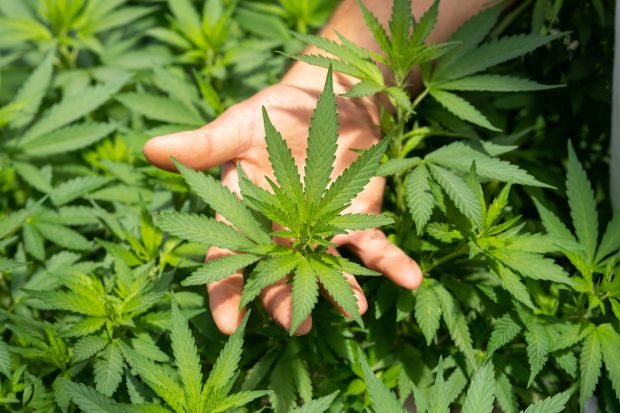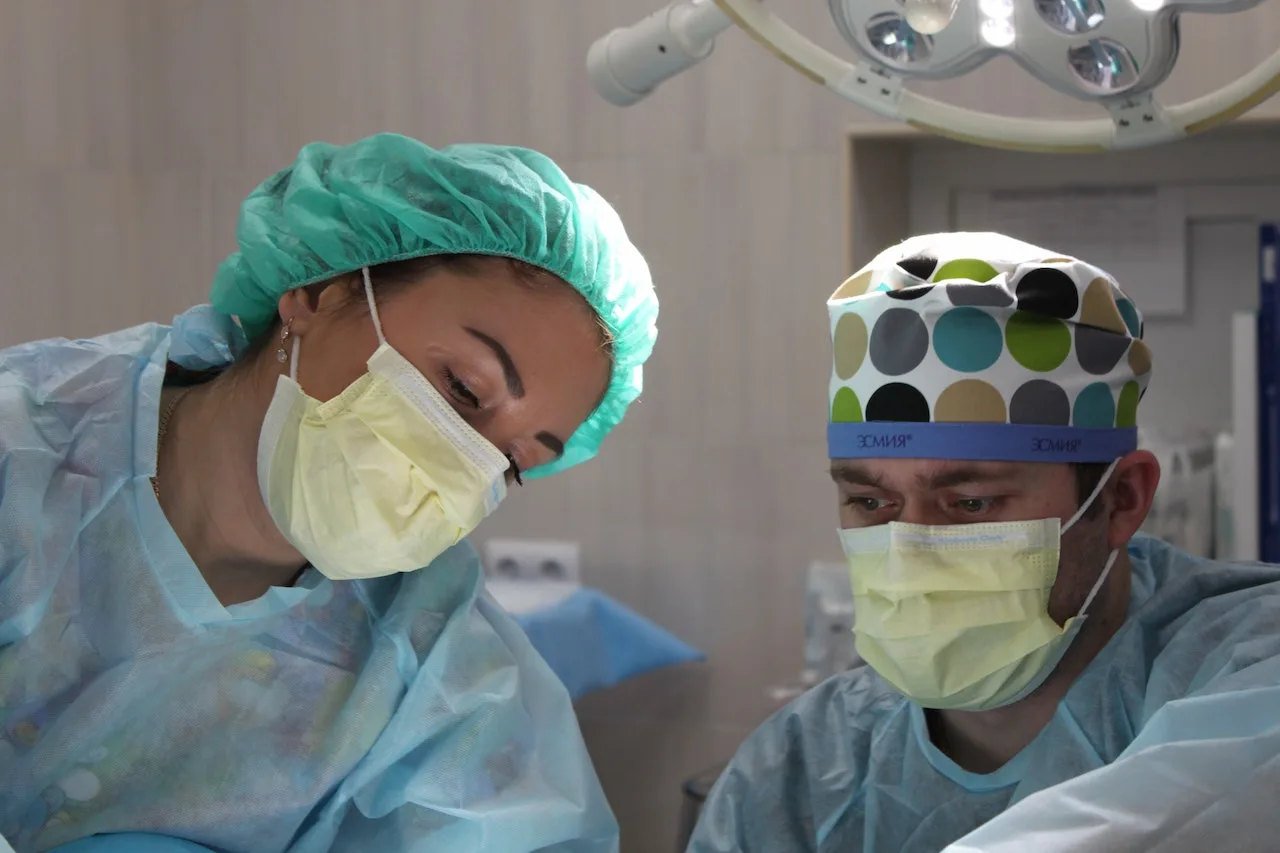Cannabis use is currently legalized in 30 countries for medicinal purposes, with recreational use being legalized in 10 countries. In the United States, its use is currently legalized in 21 states and Washington D.C., with a total of 37 states also allowing its use for medicinal purposes. This has led to a rapid rise in the consumption of this drug.
In fact, according to the United Nations, 158.8 million people across the world are using cannabis, which is over 3.8% of the planet’s population. With the increasing prevalence of its recreational use, studies are showing that cannabis is way more harmful than we may think. In fact, it may have an impact on the efficiency of anesthesia during surgery.
A 2019 study found that compared to non-cannabis users, regular cannabis users (daily or weekly) needed over three times as much propofol (an anesthetic) to achieve adequate sedation for surgery, which is beyond what any doctor would want to administer. Usually, you may need to stop certain medications about a week before your surgery, and now cannabis has been added to that list.
What is Anesthesia?
Anesthesia is a medical treatment involving the use of medicines called anesthetics, which keeps you from feeling pain during medical procedures. Directly translated to “loss of sensation,” anesthesia can either numb sensation in certain areas of your body, or completely induce sleep. While there are various types and levels of anesthesia, general anesthesia is the most common, often used for surgeries including Brazilian Butt Lifts, breast augmentations, heart surgeries, and surgical cancer treatments.
How Does It Work?
Anesthesia works by blocking off signals in your nervous system, which is made up of the brain, spinal cord, and nerves. When administered, either through an IV or a gas through a mask, your bodily functions begin to slow down. This then prevents your brain from processing pain.
How Does Cannabis Affect Its Efficiency?
Like anesthesia, cannabis has the ability to affect the central nervous system. When these two are combined, you can experience excessive central nervous system depression. This occurs when your body has a high amount of substances designed to slow down brain activity. With cannabis being associated with difficulty achieving adequate depth of anesthesia and an increased cerebral blood flow, it can play a role in post-surgery pain.
Increased Post-Surgery Pain
Dr. Samer Narouze M.D., PhD., is the president of the American Society of Regional Anesthesia (ASRA) and Pain Management. She shares that “cannabis use, particularly when it’s regular and heavy, can leave patients in more pain than normal after surgery.”
Not only this, but research shows that consuming cannabis prior to an operation can put you at risk for heart problems, including a heart attack.
She adds that “even though some people use cannabis therapeutically to help relieve pain, studies have shown that regular users may experience more pain and nausea after surgery, not less, and may need more medication, including opioids, to manage their discomfort.”

Photo by CRYSTALWEED cannabis on Unsplash
This shows that the use of cannabis prior to any procedure could potentially induce an opioid addiction, which can be extremely detrimental to one’s health, increasing your risk of:
- Exacerbating anxiety and depression symptoms
- Severe respiratory problems
- Bleeding ulcers
- Cardiovascular disease
This has led to society releasing guidelines that every anesthesiologist needs to implement. These guidelines recommend that anesthesiologists screen all their patients for cannabis use – whether medicinally or recreationally – and be prepared to change the anesthesia plan, or possibly delay the said procedure.
Not only does cannabis exacerbate post-surgery pain, but it also affects the efficiency of the anesthetic, which leads to a patient requiring a higher dosage of anesthetics for the procedure.
Higher Dosages Required
Regular users of cannabis often require larger doses of anesthetics to both achieve and sustain the same degree of sedation. If an anesthesiologist does not know about a patient’s cannabis consumption, they may underestimate how much anesthesia is needed. This can lead to a patient waking up during an operation, in a phenomenon known as anesthesia awareness.
During anesthesia awareness, a patient may become aware or conscious of their surroundings. As the sedative wears off, a patient’s normal sensations return. However, the medication they’ve been given still leaves the body paralyzed, making it impossible for them to alert anyone. In severe cases, the patient can even experience all the pain of the surgery. In order to prevent this, a higher dose of anesthesia is required. This can lead to an increased risk of complications, including:
- Decreased Blood Pressure
- Intense Muscle Aches
- Hypothermia
- Difficulty Urinating
- Intense Postoperative Delirium
The Adverse Effects of Cannabis
Cannabis use has been shown to impact your health in numerous ways, including:
- Altering your senses
- Impaired memory
- Psychosis
- Breathing problems
- Increased Heart rate
- Intense nausea and vomiting
- Worsened symptoms of schizophrenia
Cannabis Can Be Unknowingly Consumed
It is also possible to unknowingly consume cannabis (e.g., consuming edibles in their various forms, including gummy bears, muffins, or biscuits, among others). In fact, a recent study found that the number of children who unknowingly ate cannabis edibles has increased by, 1375% over the last 5 years. This is why some surgeons opt to conduct a urinalysis pre-op.
Listed by the U.S. Food and Drug Administration as one of the most common tests conducted before surgery, urinalysis is used to not only diagnose kidney and bladder infections but to also detect any drugs that are present in the body. This helps ensure that in the event that you unknowingly ingested cannabis, or haven’t consumed it within a certain time frame, your anesthesiologist can either change your anesthetic dose or reschedule your surgery.
The Importance Of Being Transparent With Your Doctor
Cannabis is associated with providing pain relief and alleviating anxiety. However, it can be fairly dangerous, especially if not used according to your doctor’s orders.
The guidelines established by ASRA recommend that anesthesiologists must ask a patient what type of cannabis product they consumed. They also need to ask how it was consumed, the amount consumed, and how recently/frequently it was consumed.
This is why it is extremely important to inform your doctor of anything you may be taking. This can refer to cannabis, multivitamins, or painkillers. Doing so allows them to provide the best healthcare that will not harm you in the long run.
LONGEVITY DOES NOT ENCOURAGE NOR ENDORSE THE USE OF RECREATIONAL DRUGS.
MAIN IMAGE CREDIT: Photo by Павел Сорокин
References
- Goel, A., McGuinness, B., Jivraj, N.K., Wijeysundera, D.N., Mittleman, M.A., Bateman, B.T., Clarke, H., Kotra, L.P. and Ladha, K.S., 2020. Cannabis use disorder and perioperative outcomes in major elective surgeries: a retrospective cohort analysis. Anesthesiology, 132(4), pp.625-635.
- Bicket, M.C. and McGinty, E.E., 2020. Cannabis Use Disorder and Surgery: A Budding Problem?. Anesthesiology, 132(4), pp.612-613.





![women [longevity live]](https://longevitylive.com/wp-content/uploads/2020/01/photo-of-women-walking-down-the-street-1116984-100x100.jpg)









